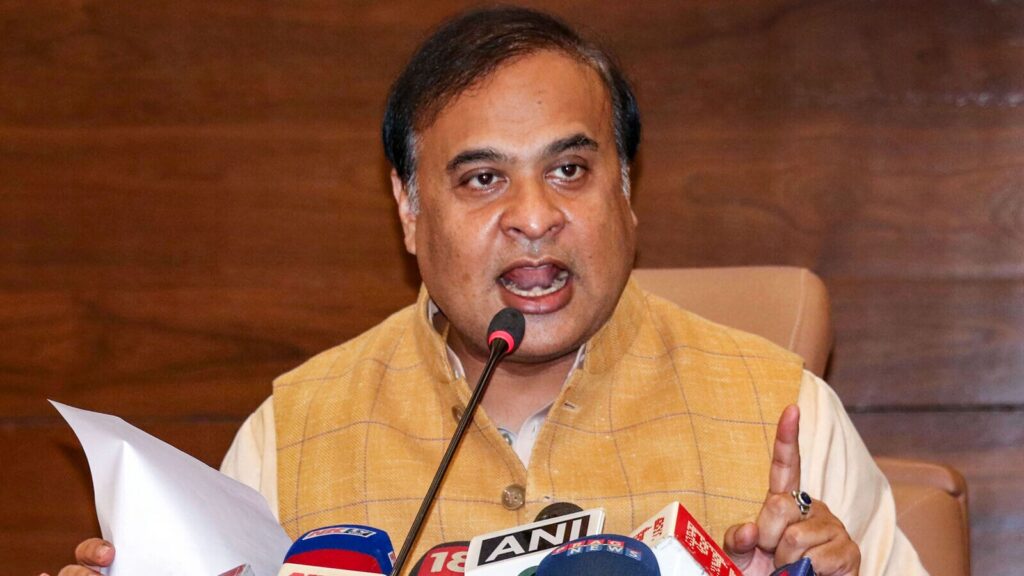Talking about legal reform, the Assam government is gearing up to introduce a bill aimed at putting an end to polygamy in the state. The proposed legislation reflects a commitment to gender equality and addresses longstanding concerns surrounding the practice of polygamy.
The bill, once enacted, will make polygamy illegal and enforce stricter penalties for those found violating the prohibition. This legislative initiative aligns with the broader efforts to promote women’s rights and foster a more equitable society.
Polygamy, the practice of having multiple spouses simultaneously, has been a subject of debate and scrutiny for its potential impact on women’s rights and societal dynamics. The Assam government’s move to introduce a bill underscores the recognition of the need for legal measures to curtail practices that may perpetuate gender inequality.
While polygamy is already illegal for Hindus in India under the Hindu Marriage Act, the proposed bill in Assam aims to extend the prohibition to all communities within the state. This inclusive approach seeks to create a uniform standard across different religious and cultural groups.
More About Gender Imbalance
The forthcoming legislation reflects a broader societal shift toward recognizing and rectifying gender imbalances. By criminalizing polygamy, the Assam government is sending a clear message that practices inconsistent with gender equality will not be tolerated within the legal framework.
The move has garnered support from women’s rights advocates, who see it as a positive step toward ensuring the dignity and well-being of women. Critics argue that polygamy can perpetuate economic and emotional hardship for women in such marriages, and the bill is seen as a step toward addressing these concerns.
The introduction of the bill also aligns with the constitutional principles of equality and justice, reinforcing the idea that laws should be reflective of evolving societal norms. Further, the Assam government’s proactive stance on this issue positions the state as a trailblazer in addressing gender-related challenges through legal channels.
As the bill is set to be introduced, there will likely be further discussions and debates on its provisions. The legislation represents a significant milestone in the ongoing efforts to foster gender equality, protect the rights of women, and align state laws with the evolving social landscape. The move toward ending polygamy in Assam reflects a commitment to building a more inclusive and equitable society where legal frameworks support the principles of equality and justice for all.

